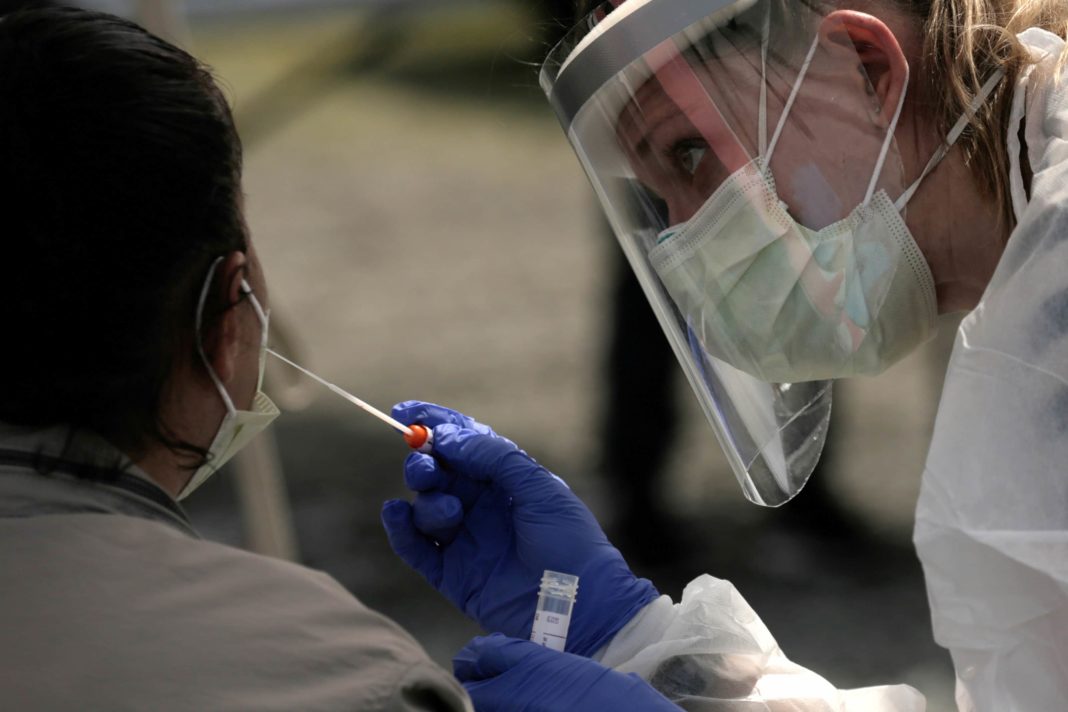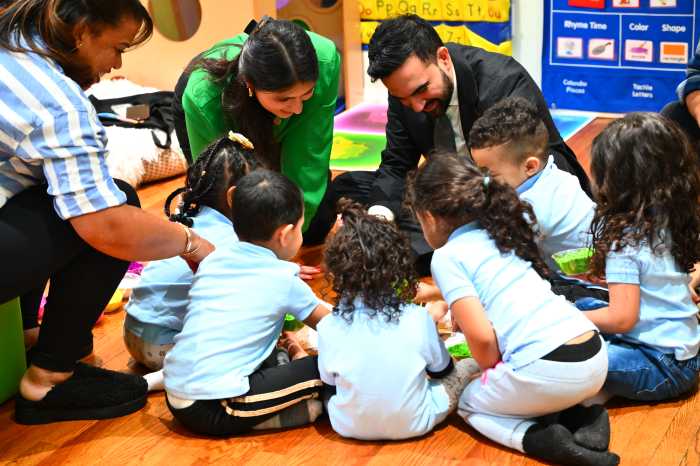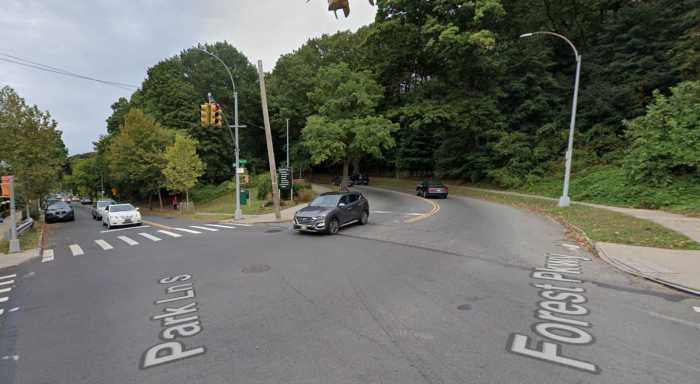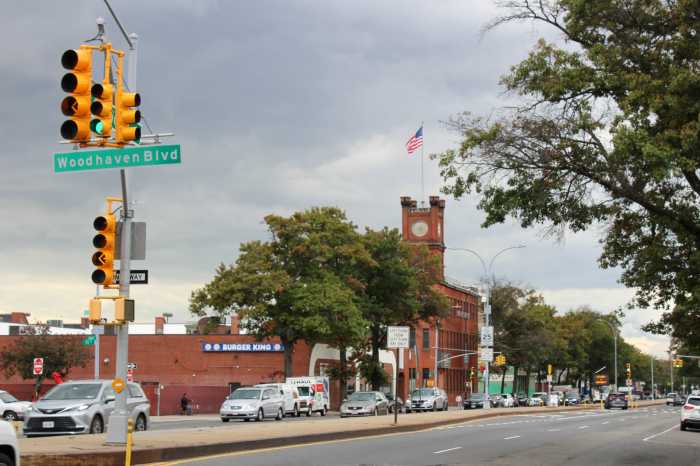BY CLAUDE SOLNIK
Signs, applause, and donations are among the many thanks healthcare heroes are getting for their response to the coronvirus pandemic, but a bill introduced in Congress this week takes it a step further by proposing healthcare workers have their student debt forgiven.
U.S. Rep. Carolyn Maloney along with nine Democrats as co-sponsors introduced Tuesday the Student Loan Forgiveness for Frontline Health Workers Act. No companion bill has yet been introduced in the U.S. Senate.
“Healthcare workers are worrying about their own health and how it will affect their families,” Maloney said in a statement. “They should not have to worry about their financial security after the crisis has passed.”
The legislation would forgive private and federal student loans taken by physicians, medical residents, and many healthcare professionals caring for COVID-19 patients. The bill also would apply to researchers working to find a cure and vaccine for the disease.
There would be no compensation related to money already paid and debt forgiven could not be considered as income subject to taxes. The federal government would pay back the remainder owed to private lenders, erasing remaining principal and interest.
The bill comes at a time when some medical schools already such as the NYU School of Medicine shifted to tuition-free education out of a concern that high costs keep many would-be doctors from entering the profession.
“New York physicians have been on the frontlines since the beginning of the COVID-19 crisis, risking their lives,” said Dr. Art Fougner, president of the Westbury-based Medical Society of the State of New York. “We urge the U.S. Congress to incorporate these ideas into its next stimulus package that is currently under development.”
Many healthcare providers accumulate substantial, even massive, debt, which adds financial stress to the pressures of their job.
“Graduate student loan forgiveness would alleviate their financial burdens and acknowledge their sacrifice during this unprecedented time,” said Eileen Sullivan-Marx, dean of the NYU Rory Meyers College of Nursing and President of the American Academy of Nursing.
Nicole Kirchhoffer, a registered nurse, also said on top of concerns over spreading COVID-19 to their families, healthcare providers face financial concerns.
“Putting my life in imminent danger to provide care for those inflicted with COVID-19 while having graduate student loan debt looming over me and my family is psychologically distressing and distracting in a time where I need to be more focused than ever,” she said.
The legislation is endorsed by the American College of Emergency Physicians, American Medical Association, American Federation of Teachers, Association of American Medical Colleges.
“Hazard pay is nice, but it pales in comparison to the immense student loan debt accrued by the majority of physicians and nurses in this country,” said Dr. Manuel Penton III, a specialist in pediatric infectious diseases at SUNY Downstate Medical Center.
The bill would create a commission to review applications from borrowers and determine which frontline applicants are eligible for loan forgiveness. The text of the legislation indicates healthcare workers could qualify regardless of the amount of time spent on the frontlines of the fight against COVID-19.
Standards would be set and decisions made based on whether a person “has made significant contributions to the medical response to the qualifying emergency for purposes of determining whether the individual is a frontline healthcare worker.” The bill also establishes an appeal process, so healthcare workers can challenge denials, by providing more information and challenging conclusions.
Frontline healthcare workers, according to the legislation, would include doctors, medical residents, medical interns, nurses, home healthcare workers, mental health professionals, various other healthcare professionals, laboratory workers, and emergency medical service providers.
The bill has been referred to the House Committee on Education and Labor, as well as the Committee on Financial Services and Ways and Means Committee.
Cosponsors of the legislation in the House include U.S. Reps. Steven Cohen (D-Tenn.), Jahana Hayes (D-Cocc.), Ilhan Omar (D-Min.), Marc Veasey (D-Tx.), Jesús G. Garía (D-Il.), Derek Kilmer (D-Wa.), Juan Vargas (D-Calif.), Eleanor Holmes Norton (D-DC), and Yvette D. Clarke (D-NY).
This story first appeared on longislandpress.com.



































